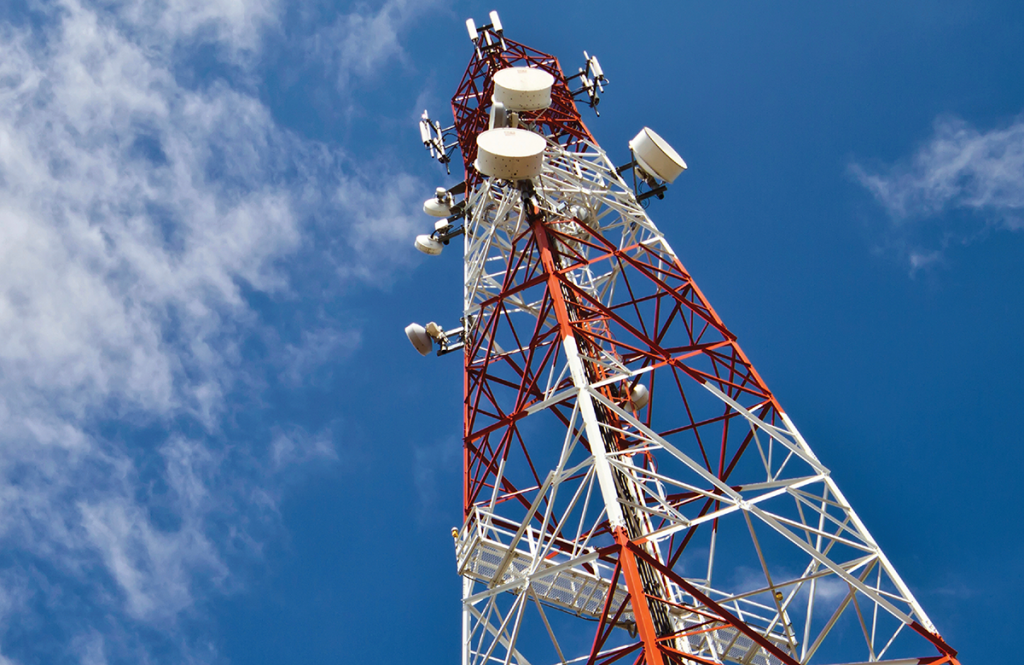The House Committee of the Rajya Sabha, headed by Om Mathur of the BJP, has proposed that MPs be allowed to switch to private telecom service providers in place of BSNL or MTNL connections; legislators currently are entitled to annual concessions amounting to Rs 1.5 lakh on their communication expenses, including the internet. MPs are provided three telephone connections and they are allowed to avail broadband services on one of these. The Housing and Telephone Facilities (Members of Parliament) Rules, 1956, allows MPs 50,000 local calls for free each year. But many MPs are disgruntled with the BSNL and MTNL for their poor delivery of services. The House Committee’s action followed complaints raised by many MPs on the matter.
The legislators are justified in being unhappy about not being provided with the quality of service expected. It is not uncommon for subscribers of the services provided by the two public sector firms to be let down on multiple counts. At a time when even private telecom service providers are not able to deliver quality services, including quick turnaround on complaints, both public enterprises leave much to be expected. In recent times, the companies, have been hit by funds crisis. They are crippled to the extent that they had to find operating expenses after putting the salaries of staff on hold. Recently, the Finance Ministry rejected a proposal from the Department of Telecommunications (DoT) to pump in Rs 74,000 crore to revive the ailing telecom PSUs.
It is questionable, though, whether the Finance Ministry move was in the right direction. ‘Data is the new oil’ and a communications revolution has seen the development of several new technologies and their effective deployment. If the government can invest crores upon crores on getting the NPAs-ridden banking sector back on track, with no guarantee of success, it should also look at the telecom PSUs as businesses that can provide returns. BSNL and MTNL have assets that can be monetised and profits be made. The infrastructure that BSNL already has in place, with necessary modernisation, should be able to fetch good returns. Although the Finance Ministry has rejected the DoT proposal, BSNL itself has clarified that it is working on a revival plan that would be based on a suitable Voluntary Retirement Scheme, 4G spectrum and monetisation of its assets. At a time when the government is supporting the initiatives of organisations such as ISRO despite massive failures that send crores of rupees down the drain, little seems to be happening in terms of innovation when it comes to public services such as telecom providers. There is no denying that the services delivered by BSNL have improved significantly from the time that it was a government department. But the corporation should be supported just enough to get it fighting fit. Given that the PSU also has on its shoulders the responsibility of serving certain national obligations such as extending its coverage to non profit making but socially important areas, it should not be sidelined in favour of for-profit enterprises which completely ignore social responsibilities.
Telecommunications is a sector poised for stupendous growth in the coming years. Applications are arriving and disappearing in the blink of an eye. The revenue potential of Indian telecom infrastructure is expected to reach Rs 31,000 crore by 2023 from Rs 21,500 crore now. And to achieve this potential, the sector calls for investment in the range of Rs 66,000 crore to Rs 93,000 crore, according to a study by Ernst and Young. BSNL and MTNL must be supported and revived in public interest. Private players should not be allowed a free run in the sector, given the perils involved in data misuse and manipulation.
